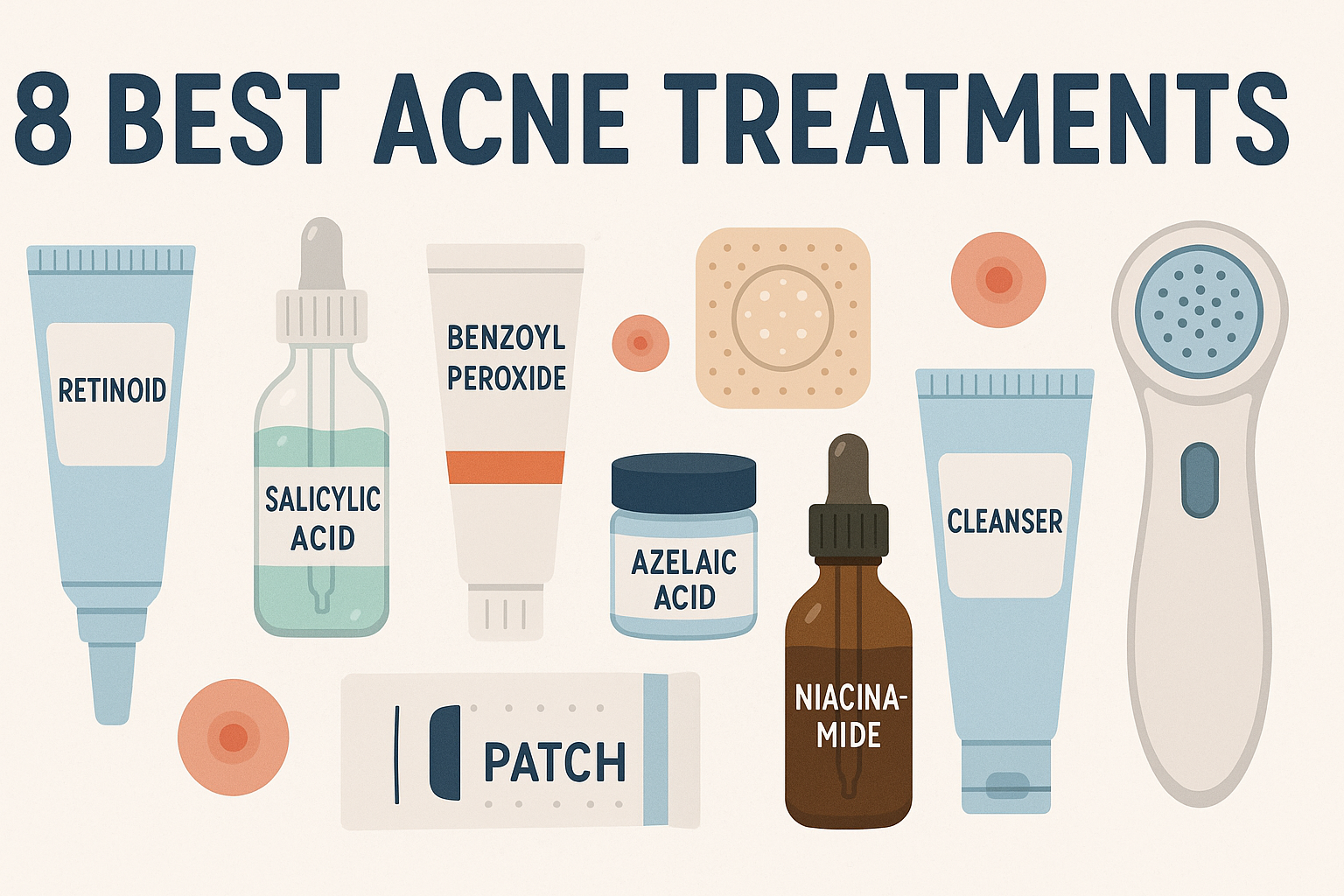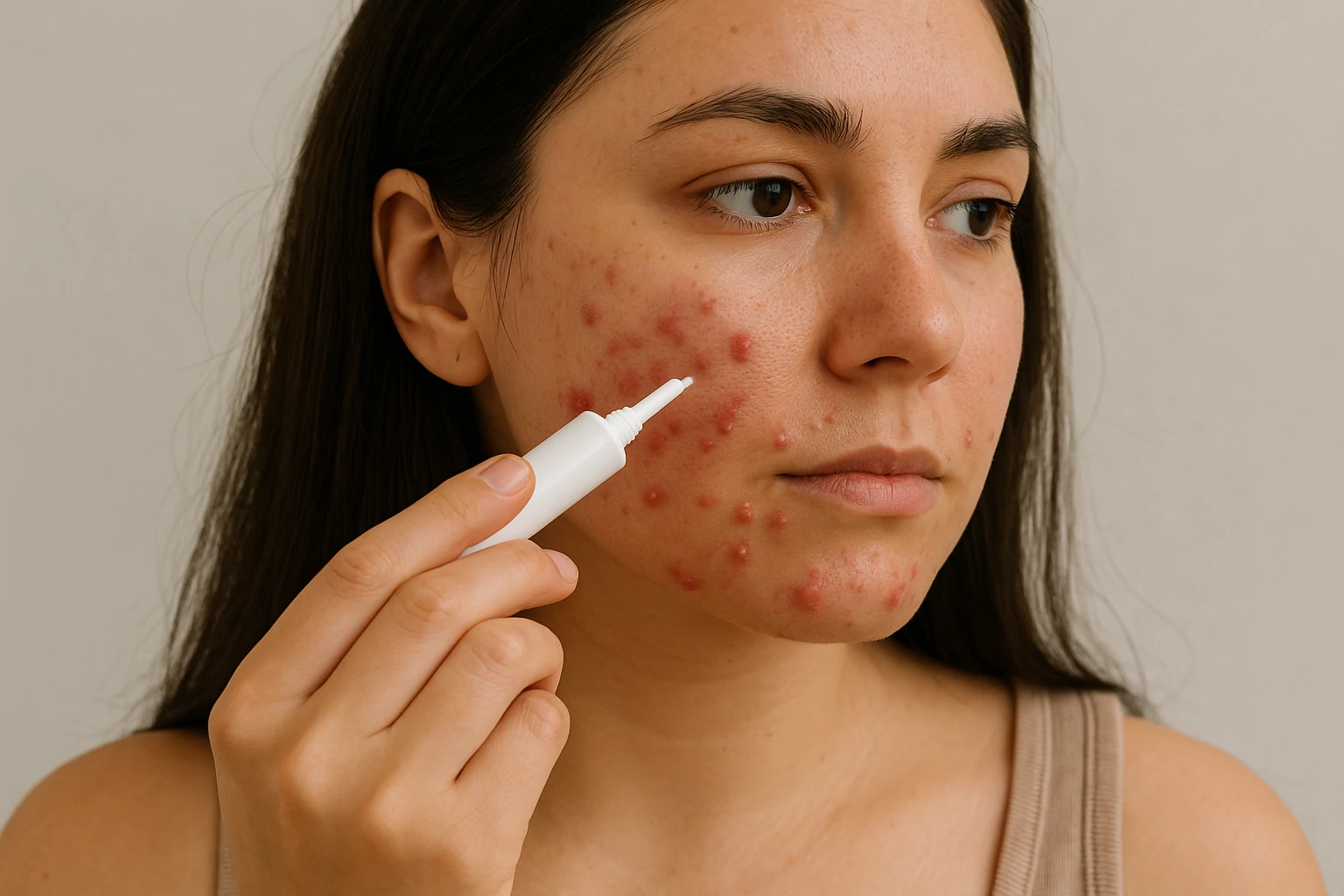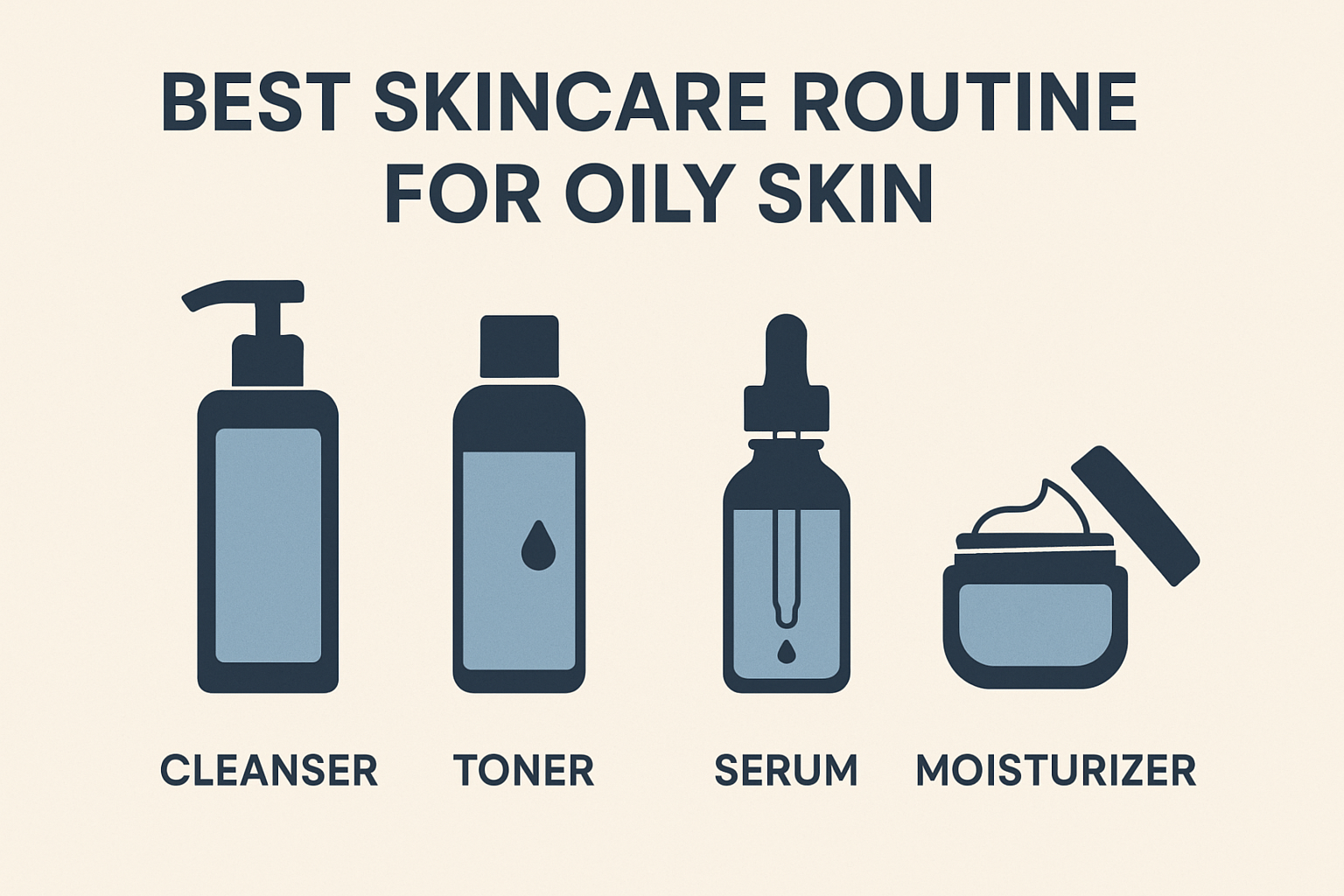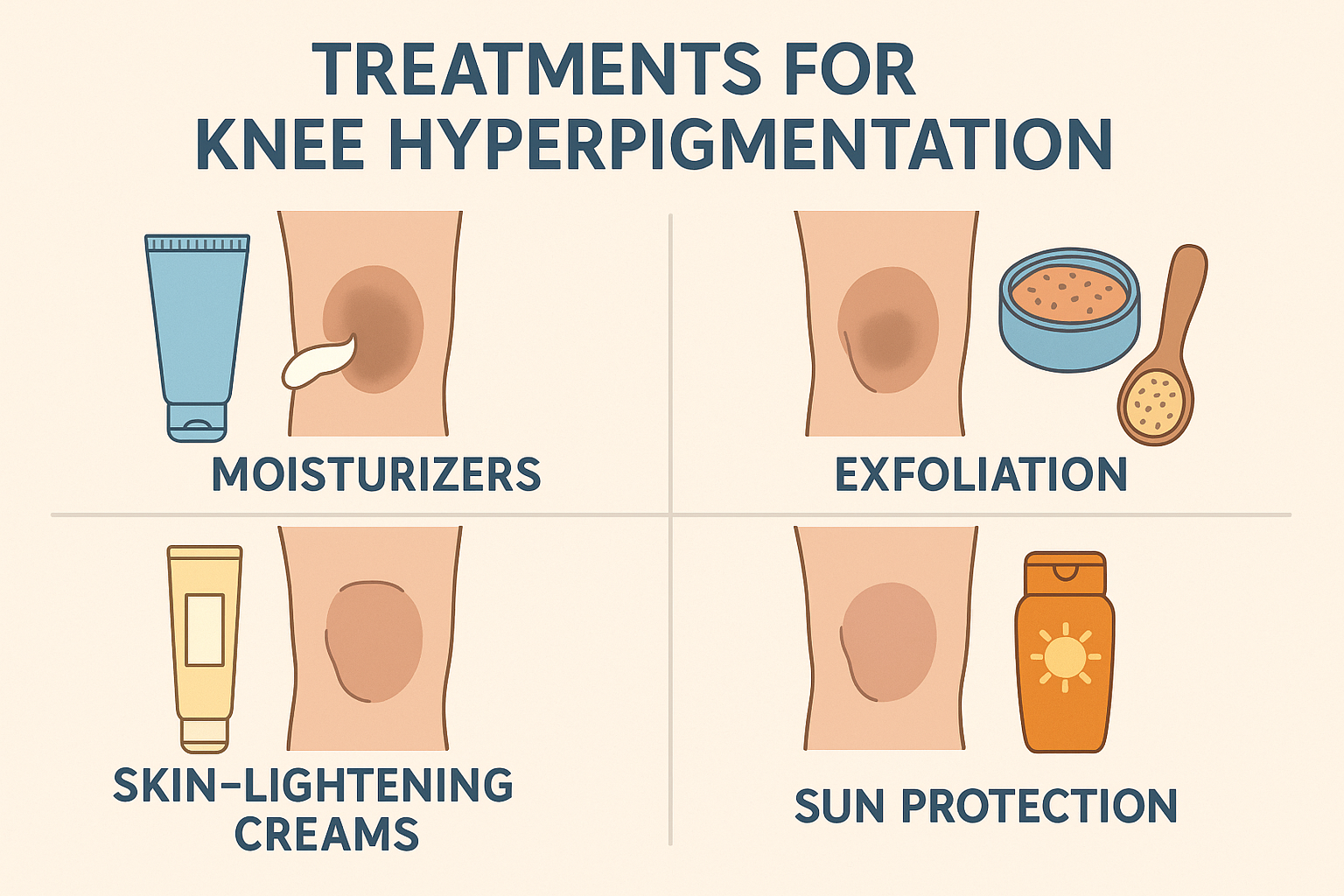Dr. Diamond’s Metacine Skincare: Full Product Review & Results
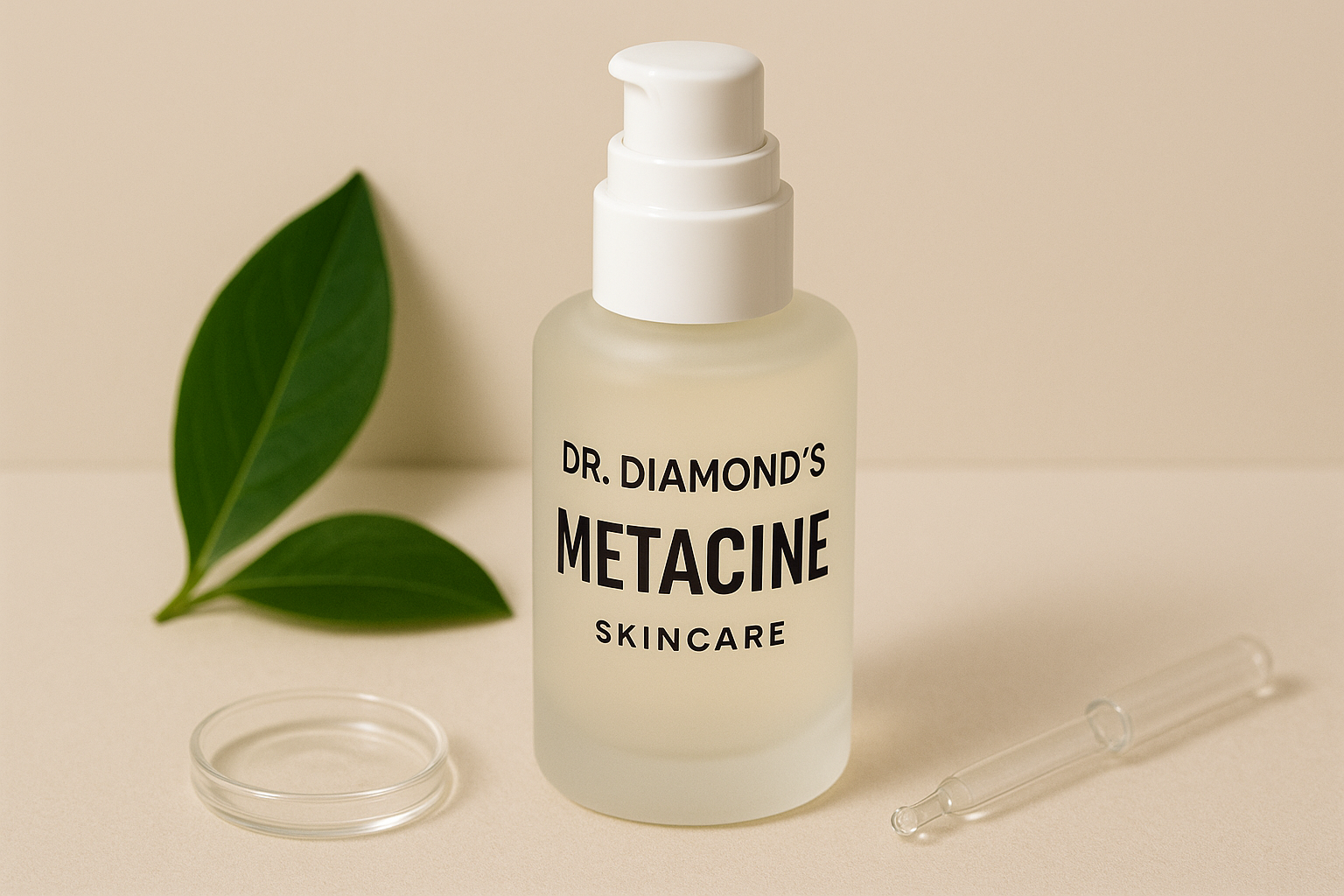
At age 35, physiological changes in the skin become increasingly noticeable. Although signs like sagging and reduced elasticity don’t appear overnight, they reflect the natural biological process of cellular aging. As a beauty editor, being exposed to information about aging signs—such as wrinkles, collagen loss, and rough skin texture—is part of daily life. While aging doesn’t mean losing attractiveness, the fact that skin cells weaken over time is both a personal and scientific concern.
A 2018 study by the National Institutes of Health (NIH) found that skin aging involves phenotypic changes in cells and disruptions in the extracellular matrix, including collagen and elastin. This supports a regenerative approach to skincare, which focuses more on improving skin firmness and biological function rather than simply masking signs of aging.1Zhang S, Duan E. Fighting against skin aging: the way from bench to bedside. Cell Transplant. 2018;27(5):729-738. doi:10.1177/0963689717725755
Growth factors are central to this approach. Dr. Marisa Garshick explains that growth factors are proteins naturally produced by the body and play a key role in wound healing and skin regeneration.2Aldag C, Nogueira Teixeira D, Leventhal PS. Skin rejuvenation using cosmetic products containing growth factors, cytokines, and matrikines: a review of the literature. Clin Cosmet Investig Dermatol. 2016;9:411-419. Published 2016 Nov 9. doi:10.2147/CCID.S116158 These proteins stimulate the production of collagen and elastin—two major structural components that decline with age. In the skincare industry, growth factors can be derived from human cells, plants, or created synthetically in laboratories, such as those used in Dr. Diamond’s Metacine Instafacial Collection.
Dr. Diamond’s Metacine

How Growth Factors Work with Retinoids and Peptides in Skincare
In discussing Dr. Diamond’s Metacine formula, Dr. Marisa Garshick highlights the effectiveness of combining active ingredients such as growth factors, peptides, and retinoids in anti-aging skincare. These three components work synergistically to support skin regeneration, boost collagen production, and improve the skin’s structure and function. Retinoids, which are vitamin A derivatives backed by scientific research, help speed up cell turnover and stimulate fibroblasts to produce more collagen. Peptides, short chains of amino acids, act as biological messengers that promote tissue repair and skin elasticity.
When combined in a single formula—such as in the Metacine Instafacial range—these ingredients target multiple signs of aging. The result is firmer skin, reduced fine lines, and improved texture and radiance. Dr. Garshick notes that the formula not only helps reduce wrinkles, but also evens out skin tone and brightens a dull complexion.
This multi-component approach is essential in modern dermatology, as skin aging involves several biological processes at once—from collagen breakdown to barrier dysfunction.
About the Formula: Ideal for Mature and Dry Skin Types
For individuals over 35 with mature skin, moving from Los Angeles to the urban environment of New York introduced new skin challenges—especially hyperpigmentation. Despite regular sunscreen use, sunspots from long-term UV exposure began to appear, leading to uneven skin tone. A disciplined skincare routine became essential to manage these changes.
For three consecutive months, the regimen began with micellar water and a gentle cleanser to maintain the skin’s balance. This was followed by Dr. Diamond’s Instafacial Plasma and Instafacial Emulsion. The Plasma contains horseradish root extract, a natural ingredient that gives the product its reddish tint and supports skin microbiome health, backed by scientific studies. The microbiome serves as a protective layer that maintains skin flora balance, which is vital for natural defense functions.
The serum has a light viscosity that allows for optimal absorption, while the emulsion acts as a soothing, cooling moisturizer. It deeply hydrates and provides immediate comfort, improving elasticity and leaving the skin feeling smooth. This combination is especially suited for mature skin in need of comprehensive support for texture and brightness.
Real Results: Skin Feels Softer, Looks Smoother and More Radiant
Consistency is key in achieving visible skincare results, especially with products containing growth factors. After three months of regular use, the most noticeable change was in the skin’s texture—it felt softer, more supple, and bouncier. There were no signs of irritation or sensitivity, suggesting that growth factors are generally well-tolerated across different skin types. Dr. Marisa Garshick explains that growth factors are safe for all skin types due to their regenerative properties and low risk of irritation.3Miller-Kobisher B, Suárez-Vega DV, Velazco de Maldonado GJ. Epidermal Growth Factor in Aesthetics and Regenerative Medicine: Systematic Review. J Cutan Aesthet Surg. 2021;14(2):137-146. doi:10.4103/JCAS.JCAS_25_20
While there have been concerns about growth factors possibly stimulating skin cell proliferation and increasing cancer risk, there is no medical evidence to support these claims. In contrast, scientific research shows that growth factors help repair and regenerate skin, even in cases of sun damage. Dr. Dendy Engelman adds that because growth factors are naturally produced by the body, they are safe to use across a range of skin tones and types.
Visible benefits included reduced dry patches and better skin hydration—especially during seasonal transitions when dryness is common. A reduction in sunspots was also noted, aligning with NIH findings that growth factors can help reverse UV-related skin aging.
The Value: It’s a Splurge
Products containing growth factors tend to be on the pricier side, but they’re often viewed as long-term investments in skin health. The formula developed by Dr. Jason Diamond—a renowned plastic surgeon—offers confidence in both its quality and results. Known for procedures that enhance and rejuvenate appearance, Dr. Diamond has applied the same science-driven principles to his skincare line.
Growth factors play a critical role in supporting collagen and elastin production, both of which naturally decline with age. Investing in this kind of product may lead to more significant improvements in signs of aging, such as fine lines, wrinkles, and skin laxity.
For those seeking high-performance, clinically backed skincare, Dr. Diamond’s line presents a compelling option—especially for individuals willing to spend more on targeted, science-based treatments.
Other Options: Discover Similar Products for Your Skincare Needs
Several growth factor-based products have gained popularity in anti-aging skincare, offering various formulations to suit different preferences. Here are a few worth exploring:
One of the first serums to feature lab-cultured human-derived growth factors. It’s designed to regenerate skin, improve texture, and boost elasticity for a more youthful appearance.
A plant-based option, this serum uses barley-derived growth factors. It helps stimulate collagen production and offers deep hydration, ideal for those seeking a more natural route to healthier skin.
This product blends synthetic growth factors with egg membrane to lock in moisture. It aims to increase collagen production and tighten the skin, making it a strong choice for those experiencing loss of firmness
Each of these serums takes a unique approach to addressing skin aging, but they all focus on boosting collagen and improving skin texture through the power of growth factors.
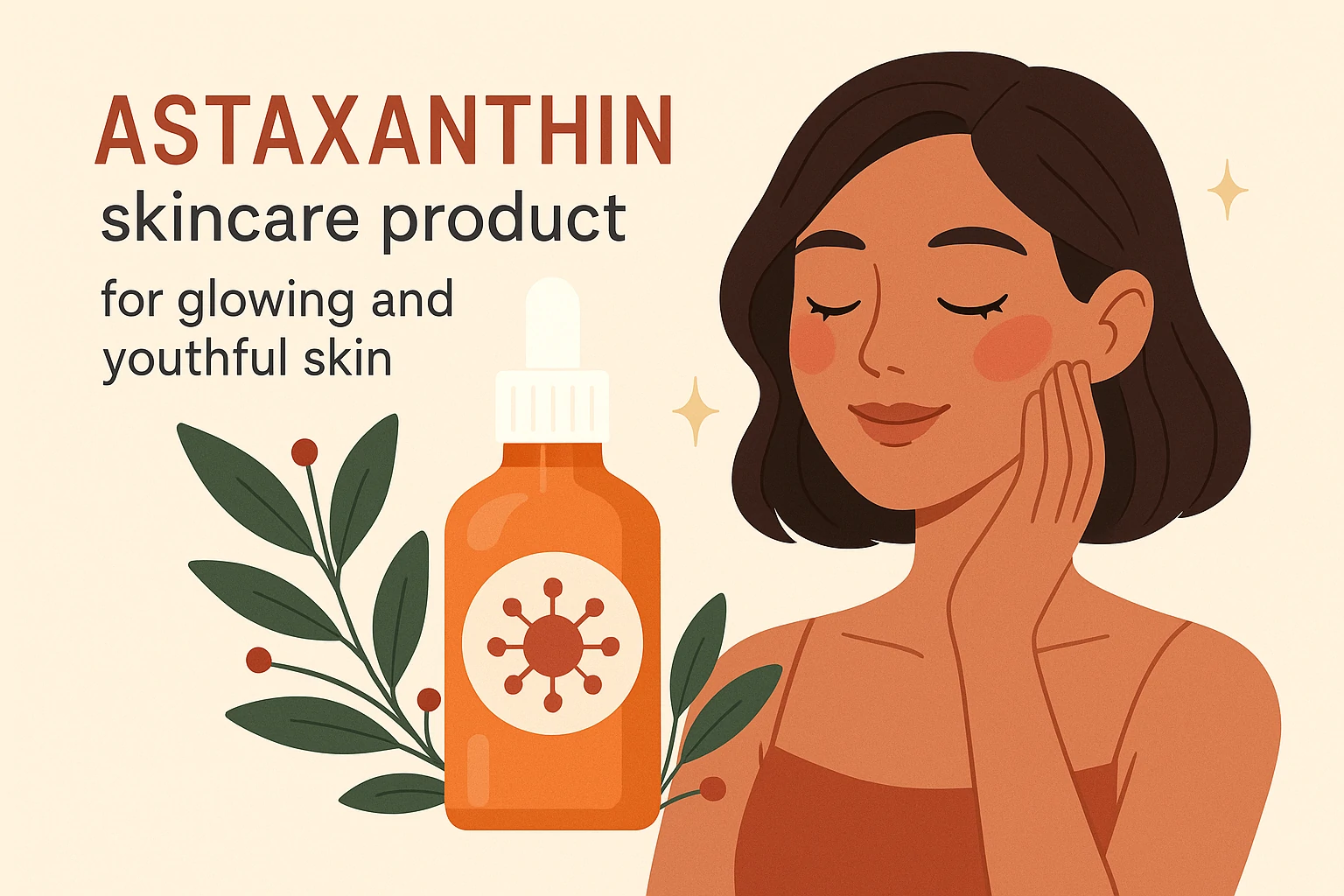

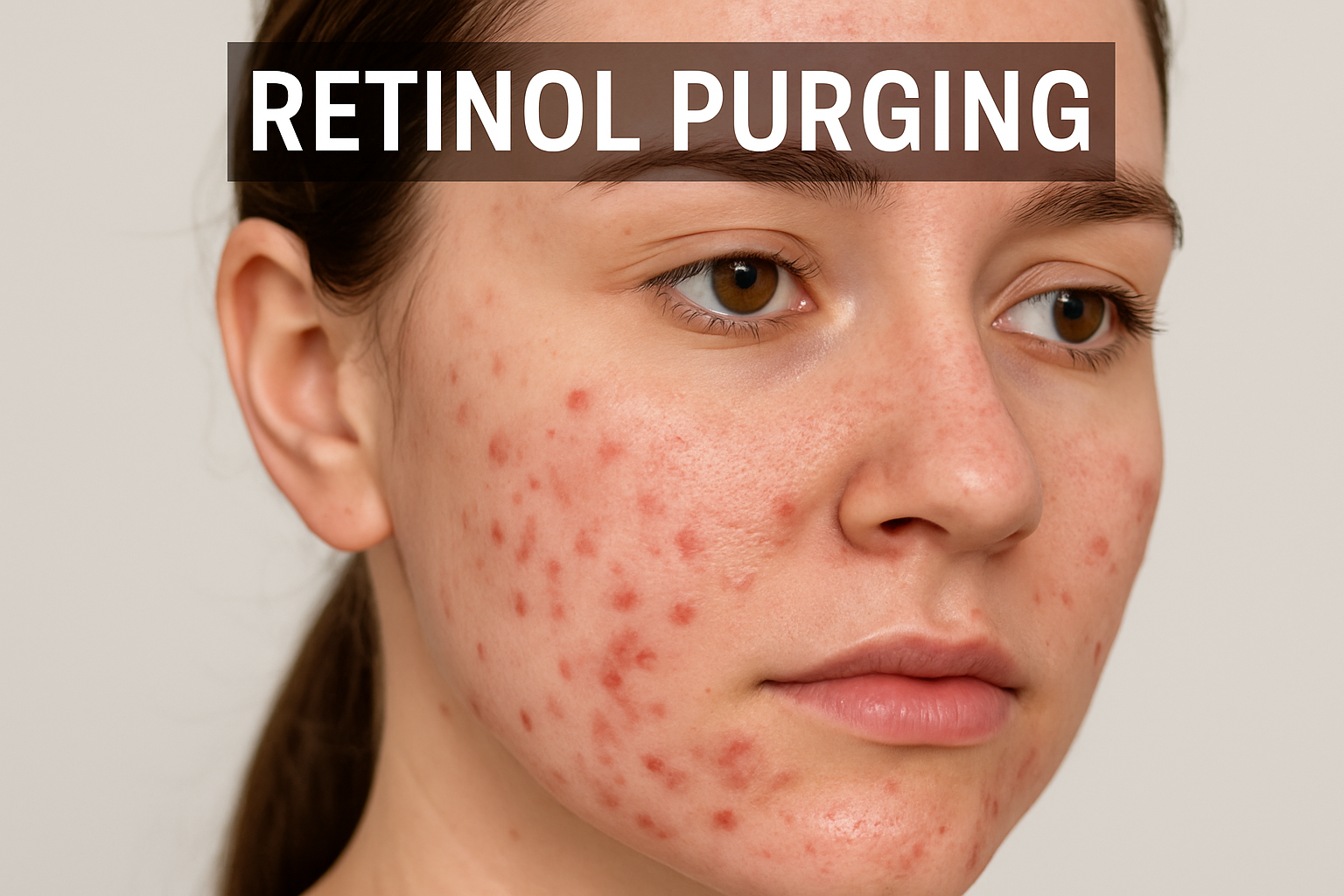
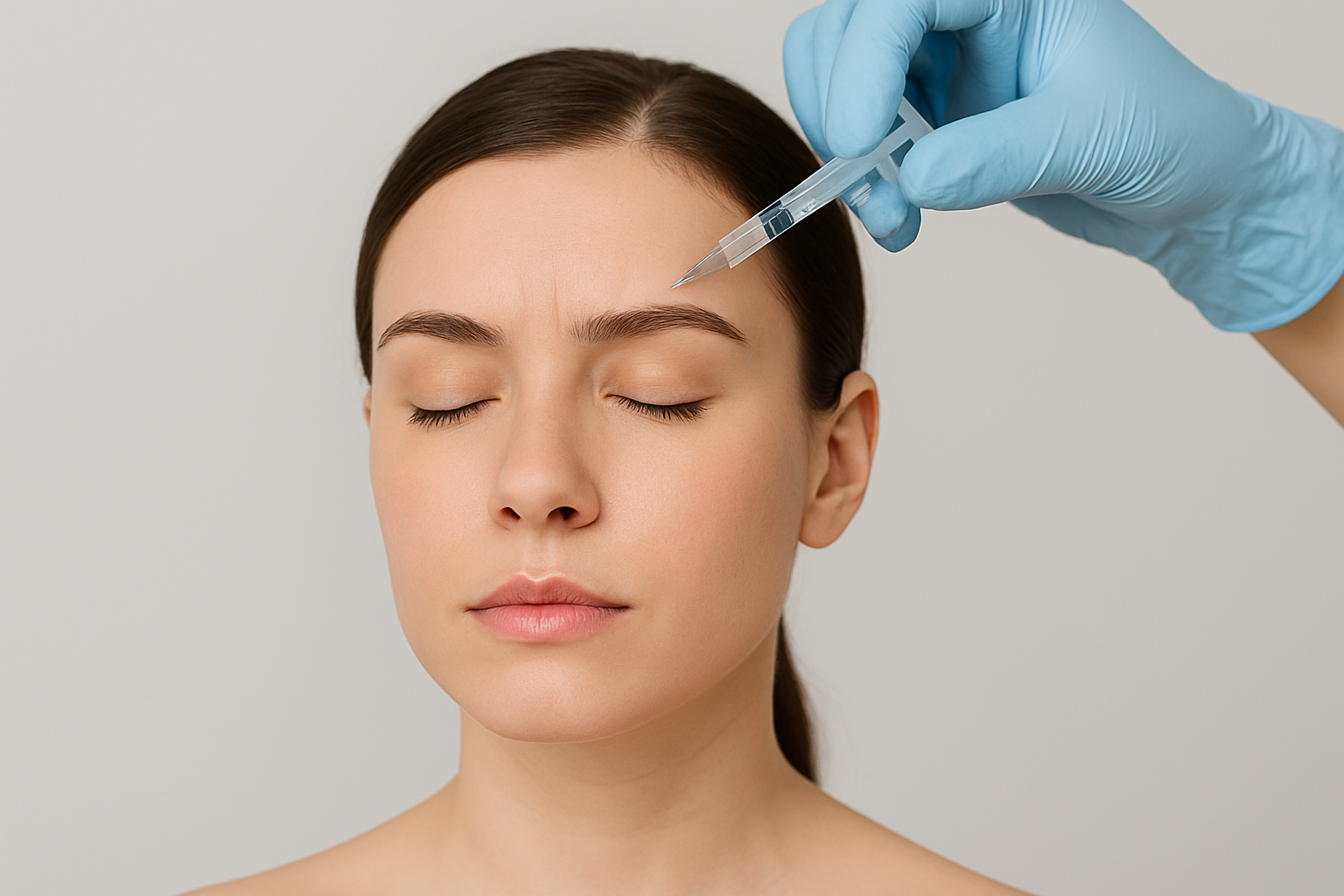
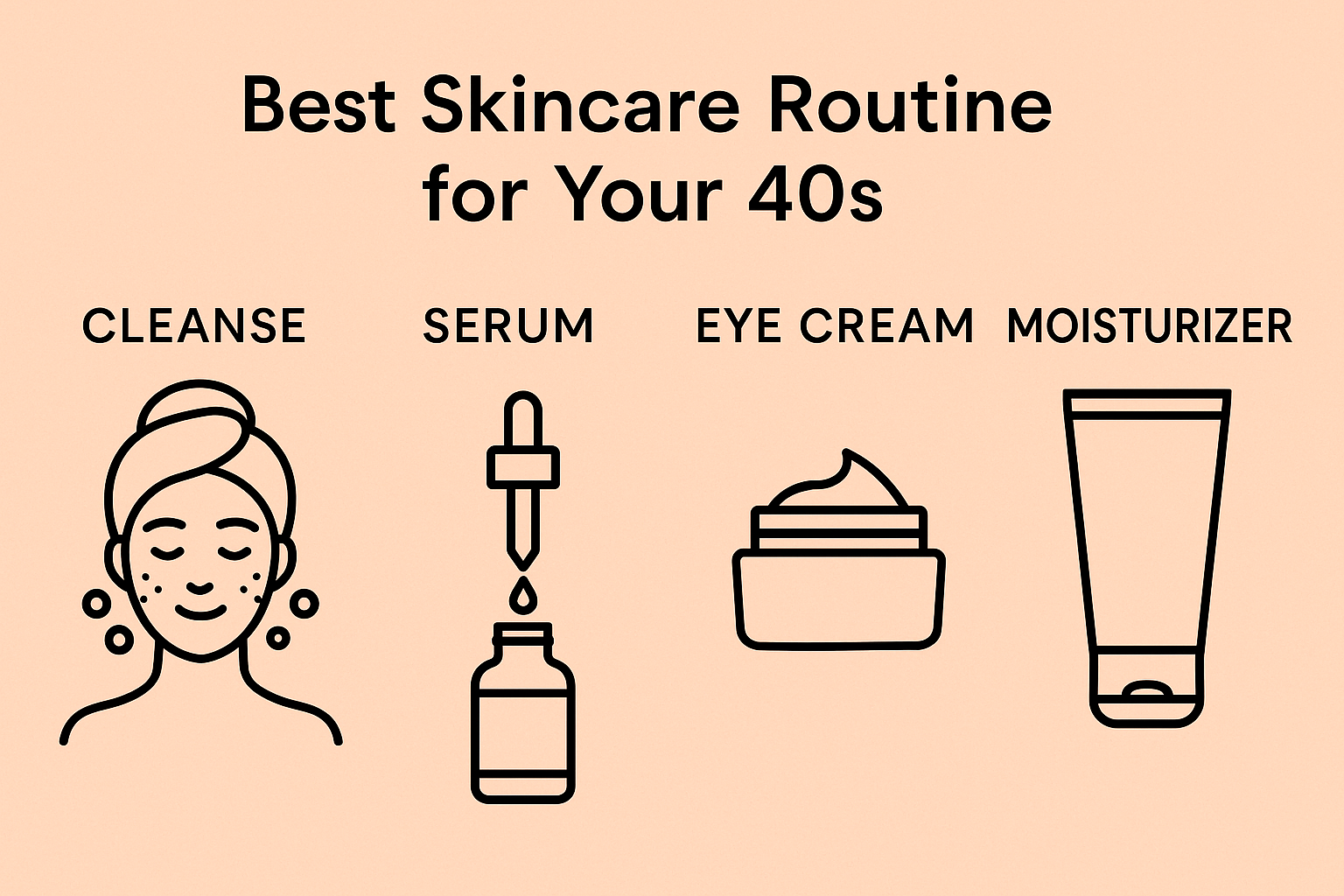
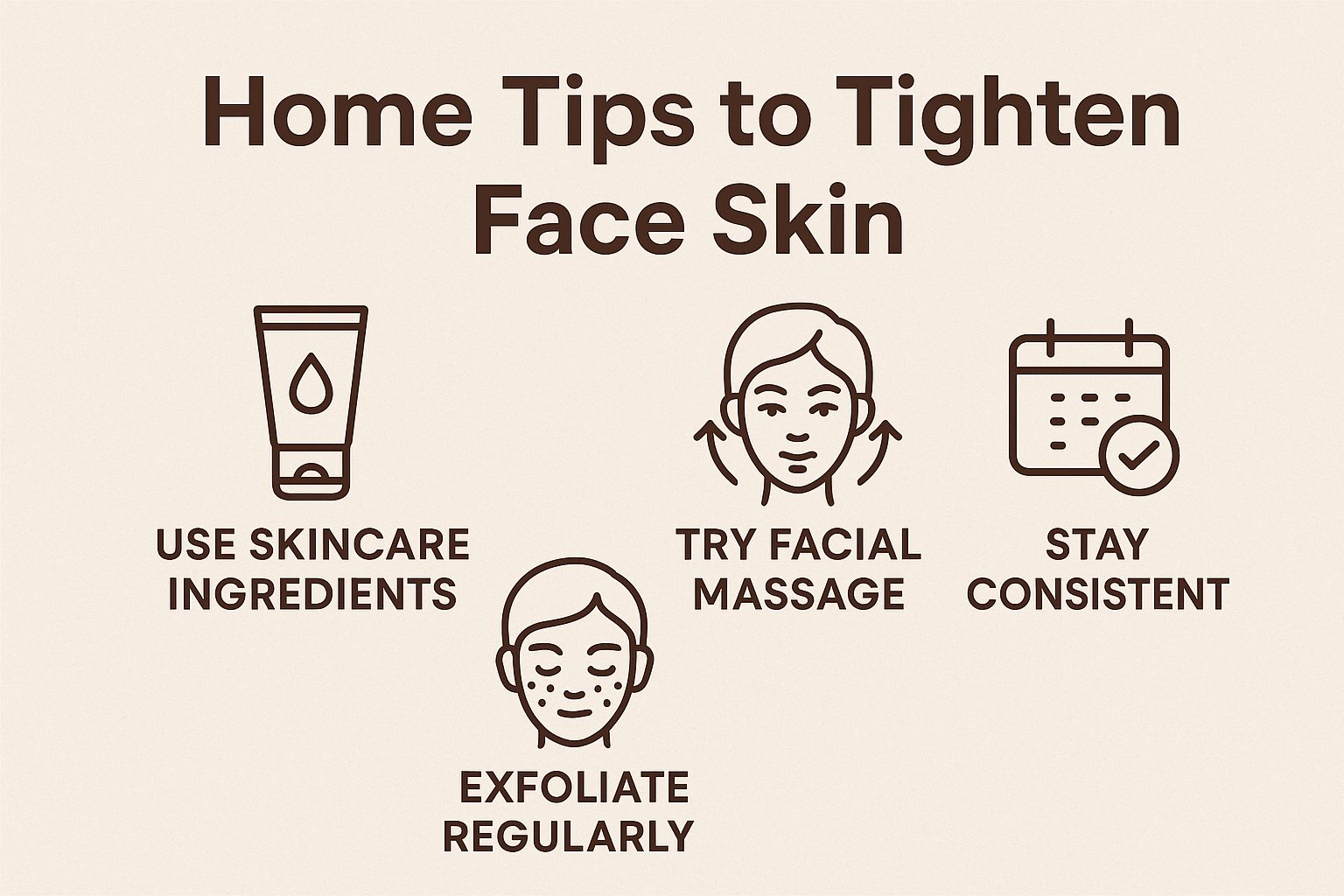
 Acne
Acne Anti-Aging
Anti-Aging Business
Business Digital Marketing
Digital Marketing Economics
Economics Exfoliation
Exfoliation Hair Removal
Hair Removal Movies
Movies Personal Finance
Personal Finance Websites
Websites


